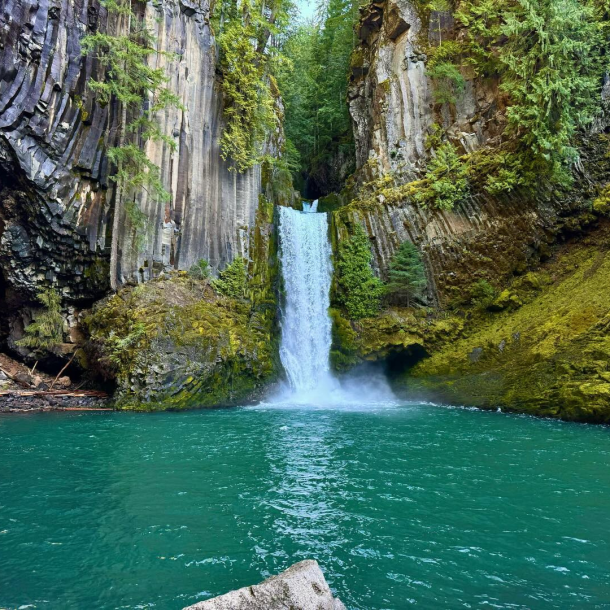Travel Tips
Local Medical Support and Health Insurance When Visiting National Parks
“Protection” Park Rangers
National parks train their rangers in “protection”. Usually, they are law enforcement officers, trained in EMS (Emergency Medical Services). They patrol the park and provide fast-response treatment for medical issues. In training, they tackle illnesses specific to a particular park’s location. For example, hypothermia in Alaska, marine issues in coastal parks, heat exhaustion in desert parks.
In-Park Clinics
Most national parks have their own medical clinics. Typically, they offer local medical support within park borders. Yellowstone has three clinics: Mammoth, which is open year-round, Jackson Lake, and Old Faithful. On top of this, the Eastern Idaho Regional Medical Center, located outside of park boundaries, partners with the park’s clinics to help out. Estes Park Medical Center, just outside Rocky Mountain National Park, is another example of a top-notch care facility. Whatever your medical needs, when in a national park, you won’t be far from care.
First-Aid
For minor emergencies – scrapes, bruises, cuts, colds, and headaches – pack a first-aid kit with all the essentials. This includes a gauze, antibiotic ointment, aspirin, band-aids, and more. Preparing yourself to handle multiple ailments on your own is a good thing. Prevent illnesses associated with being outdoors (dehydration and heat exhaustion, for example) by bringing water with you, and you might be saving someone else by doing so.
Let Our Experts at Visit USA Parks Guide You
Need more help planning for park emergencies, choosing health insurance coverage, and ensuring you’re as prepared as you can possibly be? Let our experts at Visit USA Parks guide you, and consult our other articles on how to prepare for your next national park trip.

